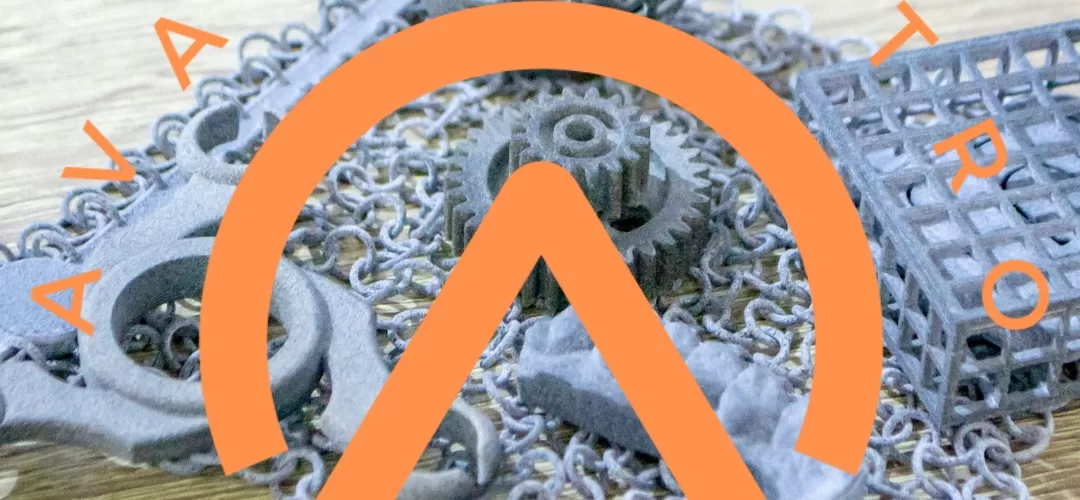Understanding Biodegradable Plastic: Production and Applications
Introduction
Biodegradable plastic has emerged as a revolutionary alternative to traditional plastics, aiming to combat the detrimental environmental impact caused by non-biodegradable materials. In this comprehensive guide, we delve into the depths of biodegradable plastics, unraveling their production processes, and exploring their versatile applications across various industries.
What is Biodegradable Plastic?
Biodegradable plastic refers to a form of plastic derived from renewable resources or traditional petrochemicals that possesses the inherent ability to decompose naturally when exposed to specific environmental conditions. Unlike conventional plastics, which persist in the environment for centuries, biodegradable plastics break down into non-toxic components through the actions of microorganisms.
How is Biodegradable Plastic Produced?
The production of biodegradable plastic involves several methods and raw materials, resulting in diverse types of eco-friendly plastics. Polylactic Acid (PLA), for instance, is produced from corn starch or sugarcane and undergoes a polymerization process to form a biodegradable plastic with remarkable properties akin to conventional plastics. Similarly, PHA (Polyhydroxyalkanoates) is synthesized by microorganisms through fermentation of organic substances like plant sugars or agricultural by-products.
The manufacturing process of biodegradable plastic typically involves the extraction of raw materials, followed by refining and polymerization to create the desired plastic resin. Advanced technologies ensure the structural integrity and quality of the end product while adhering to eco-friendly principles.
Applications of Biodegradable Plastic
Biodegradable plastics find diverse applications across multiple industries, offering sustainable alternatives to traditional plastics. In the food packaging sector, these plastics are utilized for producing trays, containers, and films, preserving the freshness of perishable goods while being environmentally conscious. Additionally, in the agricultural industry, biodegradable mulch films aid in soil conservation, enhancing crop productivity while degrading naturally after use.
Biodegradable plastics also play a crucial role in the medical field, being employed for manufacturing disposable medical devices and biodegradable sutures, reducing the environmental impact of medical waste. Furthermore, in the consumer goods market, biodegradable plastic serves as a viable option for creating compostable bags, cutlery, and sustainable packaging materials, aligning with the growing demand for eco-friendly products.
Benefits of Biodegradable Plastics
The adoption of biodegradable plastics presents several environmental advantages. Their decomposition process significantly reduces landfill accumulation, minimizing the adverse effects on ecosystems and wildlife. Moreover, their renewable nature and reduced reliance on fossil fuels contribute to lowering carbon emissions, mitigating the impact of climate change.
Challenges and Future Outlook
Despite their numerous benefits, challenges persist in the widespread adoption of biodegradable plastics. Issues regarding cost-effectiveness, scalability of production, and limited mechanical properties compared to traditional plastics hinder their extensive utilization. However, ongoing research and technological advancements continue to address these challenges, paving the way for enhanced biodegradable plastic formulations with improved properties.
The future outlook for biodegradable plastics remains promising, with increased emphasis on sustainable practices and environmental conservation. Continued innovation and collaborations within the industry are anticipated to drive the development of more efficient and cost-effective biodegradable plastic solutions, fostering a greener and more sustainable future.
Conclusion
In summary, biodegradable plastic represents a groundbreaking innovation in mitigating the environmental impact of plastics. Understanding its production processes, diverse applications, and the challenges it faces is pivotal in promoting sustainable practices across industries. As advancements continue, the widespread adoption of biodegradable plastics holds immense potential in fostering a more environmentally conscious world.
Written by Emir Narin

